Introduction
For aspiring entrepreneurs, the exhilarating journey of launching a new business is often accompanied by a significant challenge: securing the necessary funds to bring their vision to life. Interestingly, even established businesses encounter hurdles when seeking financial support. In this article, we’ll delve into the intricate world of funding your business, exploring key strategies and avenues for securing the capital you need.

1. Enhancing Your Chances of Securing Finance
As a startup business, your ability to secure finance is greatly influenced by several factors:
- Industry Experience: Having relevant industry experience can boost your credibility in the eyes of potential investors and lenders.
- Strong References: Positive references from trusted individuals or entities can vouch for your competence and reliability.
- Mentorship: Guidance from an experienced mentor can provide invaluable insights and connections to the world of financing.
However, one crucial element stands out among these prerequisites: the creation of a comprehensive and compelling business plan.

2. The Power of a Well-Crafted Business Plan and Cash Flow Budget
While many people associate business plans primarily with fundraising efforts, they serve a more profound purpose – demonstrating the viability of your business concept. Within your business plan lies a crucial component: the cash flow budget for the inaugural year of your venture. It’s imperative to understand that a positive cash flow is not a matter of chance; it requires meticulous planning.
We strongly advocate the development of a 12-month cash flow budget well in advance of launching your business. Failing to accurately forecast cash flow during the initial year can lead to potential financial crises, making it challenging for management to identify and address cash shortages.
The cash flow budget is constructed on a foundation of assumptions related to the expected future performance of your business. These assumptions should be realistic and substantiated by research, available data, and confirmed facts such as rental agreements or forward contracts. The data contained in your cash flow budget serves various critical functions:
- Monthly Cash Position Forecast: It provides insight into your expected cash position at the conclusion of each month.
- Identifying Cash Shortfalls: By tracking fluctuations, it helps pinpoint potential cash shortages in advance.
- Taxation Planning: Facilitates preparation for tax payments.
- Capital Expenditure Planning: Assists in planning for significant capital outlays.
- Lender Insights: Provides prospective lenders with essential financial information crucial for their decision-making.

However, it’s essential to recognize that positive cash flow, while essential, is only one piece of the puzzle. Your business must also generate profits, and both cash flow and profitability should exhibit a positive long-term trend.
3. Securing Funding within the Banking System
If your preferred avenue for funding involves traditional banking institutions, consider these key steps:
- Presentation Skills: Hone your presentation skills to effectively communicate your business concept to potential financiers.
- Credible References: Leverage positive references to bolster your credibility.
- Outstanding Business Plan: Develop an outstanding business plan that not only attracts investors but also serves as a strategic roadmap.
- Credit History: Maintain a clean credit history to enhance your eligibility for loans and other financial support.
4. Exploring Alternative Funding Sources
In addition to traditional banks, alternative sources of funding can be explored:
- Government Grants: Investigate grants offered by government agencies or private organisations aligned with your business objectives.
- Angel Investors: Seek support from angel investors willing to invest capital in exchange for equity.
- Crowdfunding: Utilise crowdfunding platforms to raise funds from a diverse group of individuals who believe in your business concept.
- Seed Funding: Explore opportunities for seed funding, where investors purchase a stake in your business.
Conclusion
Securing funding for your startup is undoubtedly a formidable challenge, but with strategic planning, a compelling business plan, and unwavering dedication, you can navigate this critical phase successfully. Remember that your business plan not only serves as a fundraising tool but also as a roadmap for your startup’s growth and prosperity. By diligently following these strategic steps and exploring diverse funding avenues, you can significantly enhance your chances of attracting the financial backing necessary for your business to thrive.

